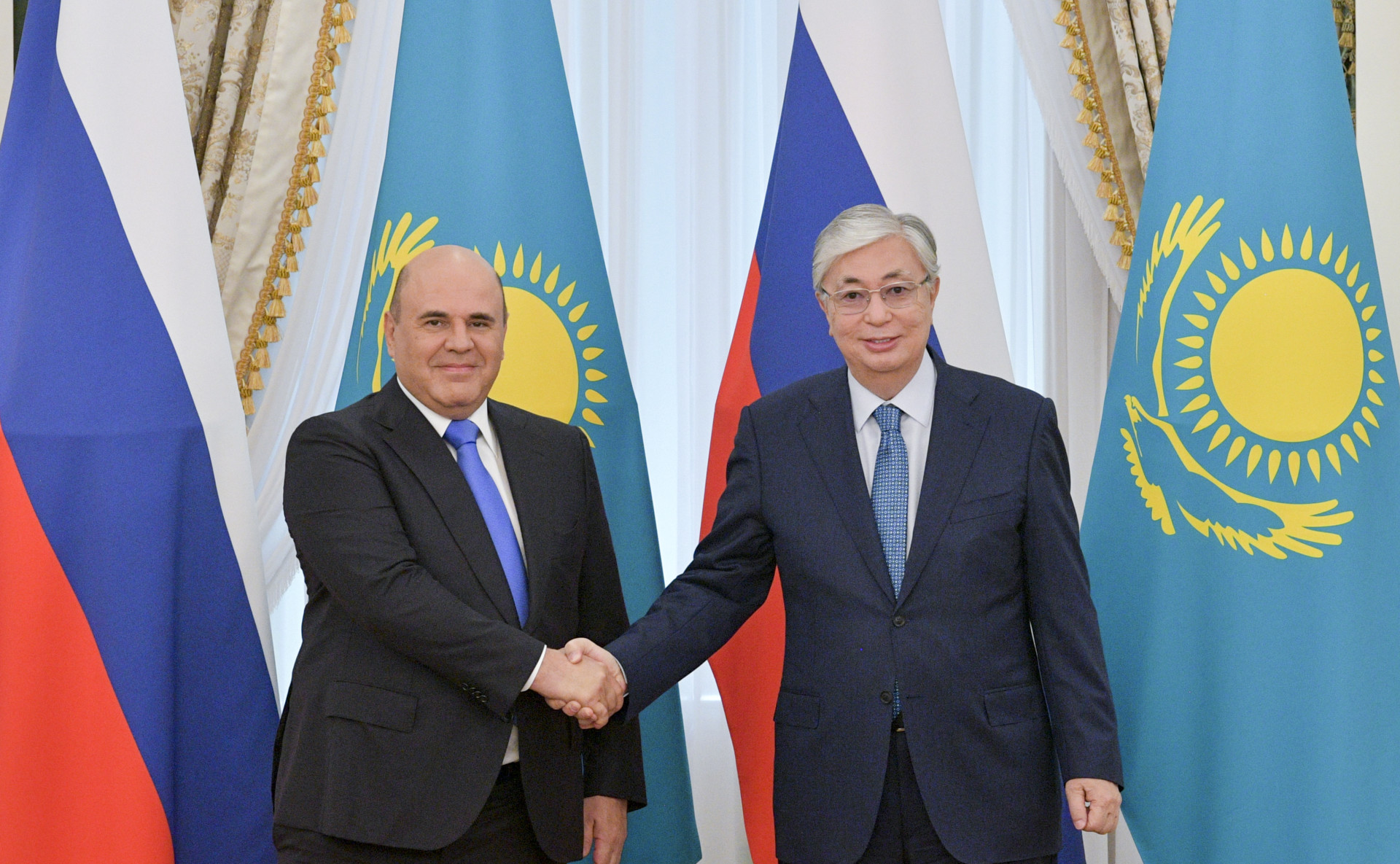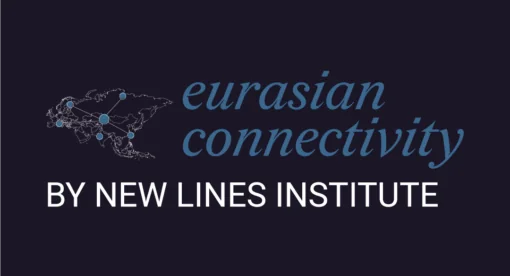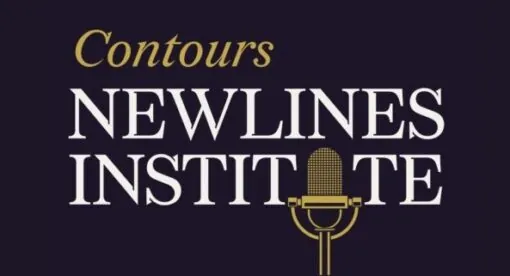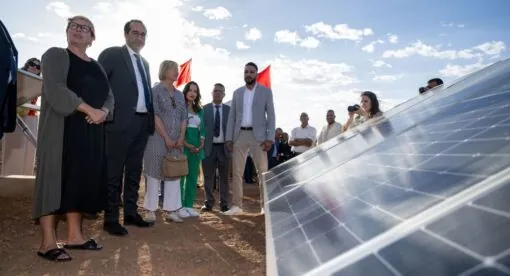Editor’s note: This is the second installment in a two-part Net Assessment about the ongoing crisis in Kazakhstan. This analysis examines what Kazakh leaders will need to do to pull out of the situation and makes recommendations for a course of action for the United States.
Overcoming recent events in Kazakhstan will require wisdom and great diplomatic skills from the country’s leadership. Experienced leaders are at the helm in Nur-Sultan: President Kassym-Jomart Tokayev, Prime Minister Alikhan Smailov, Deputy Prime Minister and Foreign Minister Mukhtar Tileuberdi, and Deputy Head of the Presidential Administration and Presidential Special Envoy Erzhan Kazykhan – all of whom are professional diplomats with a wealth of international affairs experience and knowledge. The new Cabinet should use its expertise to balance clamping down on capital flight and keeping the country an attractive destination for multinational investors. The COVID pandemic and the unrest are the double stress tests Kazakhstan is coping with. All the signs are that, given capable leadership and popular legitimacy and goodwill, the country will emerge from this trial.
It will be a priority for the Tokayev administration to address the concerns of foreign governments and investors and gradually return to the kind of equidistant foreign policy and domestic stability that made Kazakhstan an investment magnet over the last 30 years.
Tokayev has consolidated his power. He has appointed trusted senior officials, including Smailov as prime minister, Erlan Karin as state secretary, and Yermek Sagimbayev as head of the National Security Committee. In a major Jan 11 speech to the Majilis (Kazakhstan’s parliament) he announced that his reform agenda will continue apace. Tokayev will aim to address one of the sharpest pressure points of Kazakh society: income inequality. In his address, Tokayev asserted that new tax and border custom laws would be enacted, with efforts made to narrow the gap between the working class and elites:
Thanks to the first president a group of very profitable companies and a stratum of people rich even by international standards appeared in the country. I think it’s time to pay tribute to the people of Kazakhstan and help them on a systematic and regular basis….
I am talking about large mining companies and other large companies. In a favorable market environment, gasoline producers and various intermediaries receive additional profits. I think it is necessary to withdraw part of this margin in favor of the budget through excise taxes.
President Tokayev
While actions speak louder than words, we see here that Tokayev is at the very least signaling his intent to make popular changes that would redirect extractive industry profits from the pockets of elites back into the state. He also called for improved enforcement of customs to increase budget revenue:
A significant potential for increasing budget revenue lies in restoring order at customs especially on the border with China. The real mess going on there is well known. Cars are not inspected; taxes and duties are not paid. Discrepancies in statistics [of goods traded at the border] with the customs authorities of China reach billions of dollars.
There are some authorized operators who have the status of untouchables. The country is losing tens of billions of tenge in taxes. It won’t work that way. I instruct the Prosecutor General’s Office, together with the Ministry of Finance, the Financial Monitoring Agency, and other interested bodies, to conduct a comprehensive inspection and ensure order at the customs border.
President Tokayev
Recommendations
Washington was caught unaware by the social unrest and violence in Kazakhstan, a country of great importance in the heart of Eurasia, and by extension for American foreign policy. Tokayev says he will raise living standards, bridge income gaps, create jobs, and curb inflation, and he promises that political modernization will continue. Kazakhstan will need the help of its neighbors, friends, and allies, including the U.S. and the European Union.
- The Biden administration needs to acknowledge to its Kazakh counterparts that the crisis was a short and violent assault on national security that threatened state sovereignty. Washington needs to reassure its strategic partners that U.S. interests in Kazakhstan and the region remain stable and steady and that it remains committed to diplomatic engagement, economic development, investment, and cooperation. The United States should also help Kazakhstan move towards the “fair distribution of benefits, socio-economic development of regions, as well as improving the education and culture of the Kazakh people,” which President Tokayev has identified as a strategic priority for his government.
- The White House must emphasize that Tokayev continue to embrace and bolster Kazakhstan’s multi-decade balanced foreign policy and the reform that he himself formulated and developed. Furthermore, the U.S. should express support of the expeditious departure of Collective Security Treaty Organization forces, security situation allowing, as the State Department already announced.
- The United States and Kazakhstan should hold quiet, high-level talks to determine whether and how the two countries should proceed in developing closer bilateral relations and how the Washington can assist in the rebuilding process and in helping the Kazakh people move beyond this difficult period. The talks must include the commitment by the Kazakh side to guarantee the safety and security of U.S. and other Western investments in the country and to continue economic, political, and social reforms.
- Secretary of State Antony Blinken should as soon as possible convene a C5+1 (Kazakhstan, Kyrgyzstan, Tajikistan, Turkmenistan, Uzbekistan, and the United States) foreign ministers meeting and coordinate objectives with European allies. Furthermore, the United States should make clear to Russia and China that American support for the sovereignty and self-determination of Kazakhstan and of all Central Asian countries remains unchanged. Washington also needs to let Moscow and Beijing know that it will not accept any efforts to undermine the status quo and will move to counter any such moves.
- The Biden administration should instruct the State Department and other branches of the U.S. government to improve its diplomatic and analytical activity in Central Asia and boost Washington’s efforts and capabilities to follow and analyze security, political, social, and economic developments in the region.
- The White House and Congress should expedite appointments of U.S. ambassadors in key countries and regions, including Kazakhstan, but also Ukraine, Sudan, and other partner countries.
Cooperation between the United States and Kazakhstan is a valuable strategic asset, especially amid current global strategic challenges. Both countries will do well to preserve and greatly enhance their bilateral relationship.
Ariel Cohen, Ph.D., is a Non-Resident Senior Fellow at the Atlantic Council and Director, Energy, Growth and Security Program at the International Tax and Investment Center. Dr. Cohen is the author of Russian Imperialism: Development a Cohen, PhD, is Non-Resident Senior Fellow at The Atlantic Council and Director, Energy, Growth and Security Program at the International Tax and Investment Center. He is the author of six books and monographs, including Russian Imperialism: Development and Crisis, and over 1,000 articles. He regularly contributes to leading TV channels, including CNN, BBC, FOX, and Bloomberg, and contributes to Forbes, The Hill, NEWSWEEK, and other publications. Dr. Cohen is the Founding Principal of International Market Analysis.
The views expressed in this article are those of the author and not reflective of an official policy or position of the New Lines Institute.






